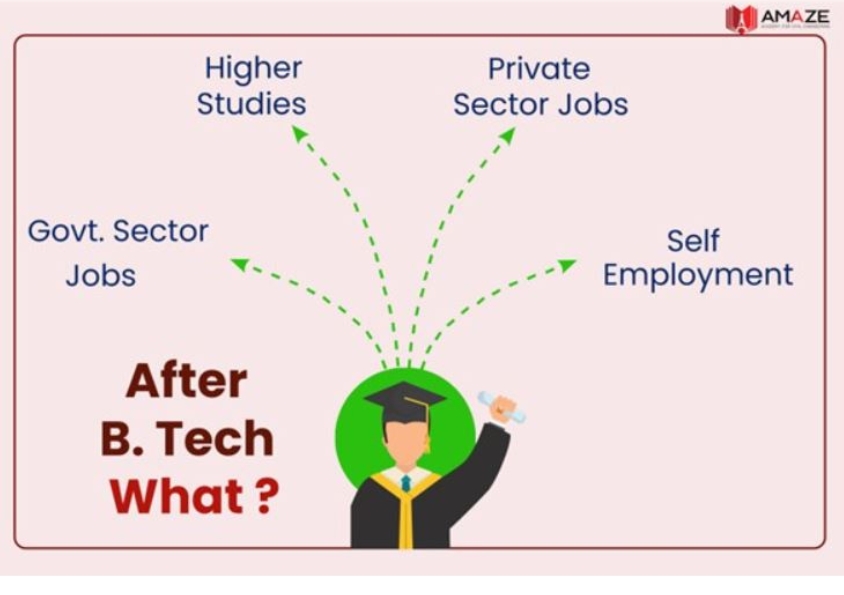
Jobs Through Competitive Exams
Technical based exams
GATE(Graduate Aptitude Test in Engineering)
The GATE (Graduate Aptitude Test in Engineering) exam for Civil Engineering is a highly competitive and prestigious examination in India. The GATE score is valid for three years from the date of the announcement of the results. Many public sector undertakings (PSUs), government organizations, and academic institutions consider GATE scores for recruitment and admission purposes. Some prominent PSUs in the civil engineering domain include Indian Oil Corporation Limited (IOCL), National Thermal Power Corporation (NTPC), Bharat Heavy Electricals Limited (BHEL), and Gas Authority of India Limited (GAIL). GATE scores are also accepted for admission to postgraduate programs (M.Tech/Ph.D.) in prestigious institutes like the Indian Institutes of Technology (IITs), National Institutes of Technology (NITs), and other universities. GATE-qualified candidates can pursue research and development opportunities in various organizations and institutions.
ESE(Engineering Services Examination (ESE))
The Engineering Services Examination (ESE), also known as the Indian Engineering Services (IES) exam, is a competitive examination conducted by the Union Public Service Commission (UPSC) in India. It is conducted annually to recruit engineers for various technical positions in the government sector. The ESE exam consists of a three-stage selection process: Preliminary Examination, Main Examination, and Personality Test/Interview. Successful candidates in the ESE exam are recruited as Class-1 officers in various government departments, including the Indian Railways, Central Engineering Service, Indian Telecommunication Service, Central Water Engineering Service, Military Engineering Services, and more. Besides technical roles, ESE officers may also hold administrative positions over time, managing and overseeing projects, policies, and departments. They can rise to higher positions like Director, Joint Secretary, and Secretary in the government.
STATE ENGINEERING EXAMS
State engineering exams are conducted by individual state governments in India to select candidates for engineering positions within their respective states. These exams are separate from national-level exams like GATE and ESE. The exam structure, eligibility criteria, and syllabus for state engineering exams vary from state to state. Typically, these exams consist of multiple-choice questions or objective-type questions, and they assess the candidates’ knowledge in subjects relevant to engineering disciplines. State engineering exams cover departments such as Public Works Department (PWD), Irrigation Department, Water Resources Department, Housing Boards, Electricity Boards, State Transport Corporations, Rural Development Departments, and Municipal Corporations, among others. Eligibility criteria, such as age limits, educational qualifications, and domicile requirements, are defined by the respective state government. Candidates need to fulfill these criteria to be eligible for the state engineering exams.
OTHER EXAMS
Various technical exams like ISRO, BARC, BEL, AAI, DMRC, LMRC, SSC-JE, RRB-JE etc also opens various opportunities to a bright future as a civil engineer. The exams patterns and syllabuses are specifically explained in our respective blogs. It typically consists of written examinations that assess technical knowledge and may include sections on general aptitude, reasoning, and current affairs. It is important to stay updated with the syllabus, exam pattern, and previous years’ question papers. Additionally, candidates should focus on developing problem-solving skills, time management, and effective study strategies to perform well in these exams.
GS Based Exams
There are several General Studies (GS) based technical exams for civil engineering that are conducted by various organizations and institutions. These exams test candidates’ knowledge in both general studies and civil engineering subjects. Some notable GS based technical exams for civil engineering like ESE, CSE, IFOS, EPFO, CDS, NTPC, Indian Railway exams etc. It is essential for civil engineering candidates appearing for these GS based technical exams to focus on both general studies and civil engineering subjects. They should stay updated with current affairs, read newspapers, and refer to standard GS preparation books to enhance their knowledge in areas such as general science, polity, economics, history, and geography. Additionally, a thorough understanding of civil engineering concepts and subjects is crucial to excel in the technical sections of these exams.
APTITUDE & ENGLISH BASED EXAMS
After completing a B.Tech degree, there are several aptitude and English-based exams that can provide various opportunities for career advancement. These exams assess a candidate’s aptitude, reasoning abilities, English language proficiency, and general knowledge. CAT is a national-level management entrance exam conducted for admission to prestigious business schools in India, such as the Indian Institutes of Management (IIMs) and other top management institutes.
MAT is another popular management entrance exam accepted by a wide range of management institutes across India. GMAT is an internationally recognized management entrance exam accepted by business schools worldwide. Exams conducted by banks such as the State Bank of India (SBI) and Institute of Banking Personnel Selection (IBPS) include sections on English language proficiency, reasoning ability, quantitative aptitude, and general awareness.
SSC conducts various exams like the Combined Graduate Level (CGL) Exam, Combined Higher Secondary Level (CHSL) Exam, and others.
Civil Services Examination (CSE): CSE, conducted by the Union Public Service Commission (UPSC), is one of the most prestigious exams in India. Preparing for these exams requires dedicated study and practice. Candidates should focus on improving their aptitude, reasoning abilities, English language skills, and general knowledge. Utilizing study materials, solving practice papers, and taking mock tests can help in better preparation and performance in these exams.
KERALA PSC EXAMS
The Kerala Public Service Commission (KPSC) conducts various exams for recruitment to civil engineering positions in the state of Kerala, India. These exams are specifically designed to evaluate candidates’ knowledge and skills in civil engineering subjects. Various posts include Assistant engineer, Overseer grade – I,II,III , Junior instructor, Lecturer in Polytechnic colleges, Tracer, Work Superintendent, Surveyor, Draftsman Grade- I, II, III, Engineering Assistant, Training Instructor, Work Supervisor, Site Engineer, Sub engineer etc.
The posts are across the various departments like Kerala State Electricity Board (KSEB), Kerala State Housing Board (KSHB, Local Self Government Engineering Department, Irrigation Department, Kerala Water Authority (KWA), Public Works Department (PWD, Universities, Kerala state construction cooperation etc.
Candidates preparing for these exams should refer to the official notification and syllabus provided by the Kerala PSC. It is important to have a strong understanding of civil engineering concepts and subjects covered in the respective exam. Referring to standard textbooks, solving previous years’ question papers, and practising mock tests can help in effective preparation for Kerala PSC exams in civil engineering.

